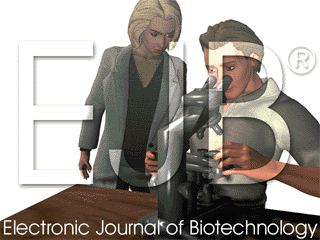Abstract
Autoantibodies directed against self-antigens are characteristic features of a number of human diseases. In systemic rheumatic diseases, these include antibodies that react with extracellular molecules; the cell membrane; nuclear and cytoplasmic components. Our laboratories have been interested in understanding autoimmune responses in systemic lupus erythematosus and related disease states and using human autoantibody as molecular probes in studying the cell biology of target antigens. This review summarizes our research efforts in dissecting the autoimmune response to the Golgi complex via expression cloning using human autoantibodies. We have cloned 4 of 5 known Golgi autoantigens that are referred to as golgin-95/GM130, golgin-97, golgin-160/GCP170, and golgin-245, respectively based on their molecular weights. The fifth is giantin, also known as macrogolgin or GCP372. Interestingly, the amino acid sequences deduced for all Golgi autoantigens indicate that they are proteins with predominantly coiled-coil domains and non-alpha helical domains at the N- and C-termini. The current postulate is that these coiled-coil rich proteins like golgin-95/GM130 form intermolecular complexes with a docking protein p115 that has been shown to be important for Golgi vesicular traffic. An alternative nonexclusive hypothesis is that these coiled-coil rich proteins are the components of the "strings" that are important in linking and guiding vesicles in intercisternae traffic. How this family of coiled-coil proteins and their complexes become autoimmune targets remains to be determined.
Upon acceptance of an article by the journal, authors will be asked to transfer the copyright to Electronic Journal of Biotechnology, which is committed to maintain the electronic access to the journal and to administer a policy of fair control and ensure the widest possible dissemination of the information. The author can use the article for academic purposes, stating clearly the following: "Published in Electronic Journal of Biotechnology at DOI:10.2225/volXX-issueX-fulltext-XX".
The Copyright Transfer Agreement must be submitted as a signed scanned copy to biotec@ucv.cl. All authors must send a copy of this document.
